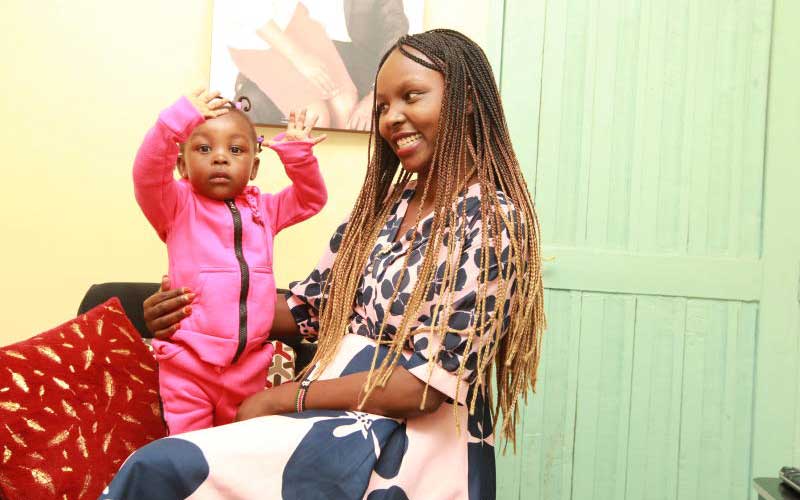×
The Standard e-Paper
Join Thousands Daily

Jacqueline Jude with her daughter Zawadi. [Jonah Onyango, Standard]
She peed in a cup at the health centre, praying that the chemotherapy was not bringing up other health problems. She had walked into the facility after feeling worse than usual. Chemotherapy effects were bad, but this morning she felt worse. She just wanted to be fine, then she would finally start enjoying her new marriage.